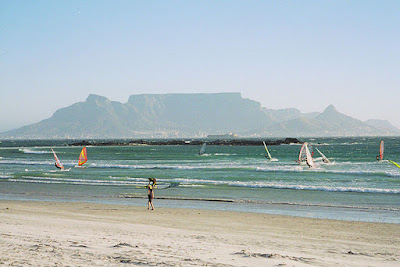Much of the media coverage of the American energy industry implies that America has become a vast and growing exporter of energy to the rest of the world and that this has created a sort of “energy dominance” for the country on the world stage.
Whether such reports qualify as so-called “fake news” depends very much on three things: 1) How one defines “fake news,” 2) whether writers of such reports qualify the words “imports” and “exports” with the word “net” and 3) which energy sources they are discussing.
In this case let’s define “fake news” as claims that official, publicly available statistics show plainly to be false. By that criterion anyone who claims that the United States is a net energy exporter would certainly be guilty of propagating “fake news.”
Energy statistics from the U.S. Energy Information Administration (EIA) show that in November 2017 (the most recent month for which figures are available) the United States had net imports 329.5 trillion BTUs of energy in all its forms.* That’s down from a peak of 2.74 quadrillion BTUs in August 2006, something that is certainly a turnabout from the previous trend. But all claims that the United States is a net energy exporter must be labeled as unequivocally false.
It turns out, however, that most people making misleading claims about America’s energy situation don’t actually say or write things which are technically false. What they do is use language which intentionally or unintentionally misleads the reader or listener.
For example, the claim that the United States is an exporter of crude oil is true. But that claim is entirely misleading. While the United States exports about 1.5 million barrels a day (mbpd) of crude oil, it also imports 7.5 mbpd.
…click on the above link to read the rest of the article…




